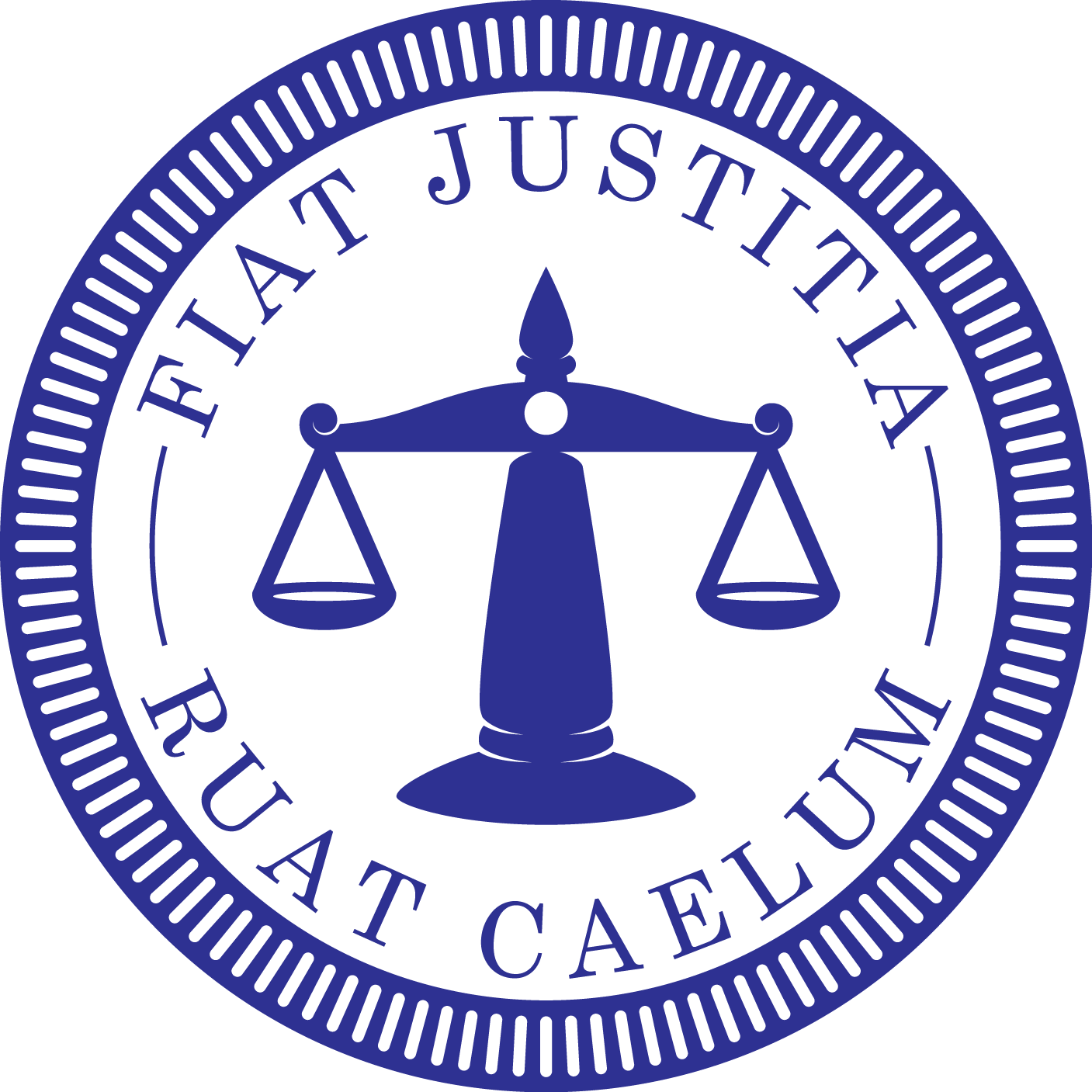Was the Texas Supreme Court being ironic, or trying to add insult to injury?
I'm working on a memo regarding the admissibility of expert testimony in Texas. The leading federal case is Daubert v. Merril Dow Pharmaceuticals, a case about whether Benedictin causes birth defects. The U.S. Supreme Court excluded the plaintiffs' scientific evidence, holding it to be too unreliable. (It wasn't, but that's another argument.)
The Texas Supreme Court got to do the same thing in Merril Dow Pharmaceuticals, Inc. v. Havner, 953 S.W.2d 706 (Tex. 1997). In Havner, the court rejected the plaintiffs' scientific evidence. In the Havner opinion, the Texas Supreme Court cited the Bradford Hill criteria as being good epidemiological practice, and explained them in a footnote. Here's part of that footnote:
"9. Analogy. “In some circumstances it would be fair to judge by analogy. With the effects of thalidomide and rubella before us we would surely be ready to accept slighter but similar evidence with another drug or another viral disease in pregnancy.” (Emphasis added.)
I don't know who the "we" that would be willing to accept slighter but similar evidence that Benedictin causes birth defects is, but it wasn't the Texas Supreme Court.
Considering the drama that accompanied the opinion (see below) I can't help but wonder if the justices weren't just sticking their thumbs in plaintiffs' counsels' eyes.
"The specific portions of the “Respondents' Motion for Rehearing” filed in this Court that raise particular concerns are the “Statement of the Case for Rehearing” (pages 1-5), the “Brief of the Argument” (pages 8, 14, and 16), and the “Prayer for Relief” (pages 19-20). Counsel for Respondents Robert C. Hilliard of the firm of Hilliard & Muñoz, Barry J. Nace of the firm of Paulson, Nace, Norwind & Sellinger, and Rebecca E. Hamilton of the firm of White, White & Hamilton, P.C., are hereby afforded the opportunity to respond as to why the Court should not
1) refer each of them to the appropriate disciplinary authorities;
2) prohibit attorney Nace from practicing in Texas courts; and
3) impose monetary penalties as sanctions."

